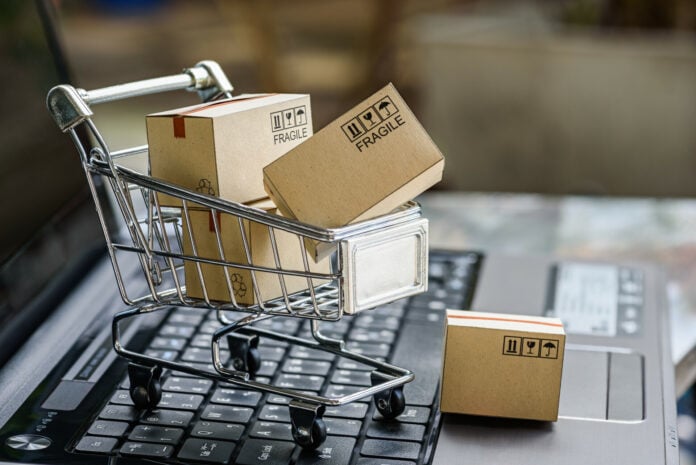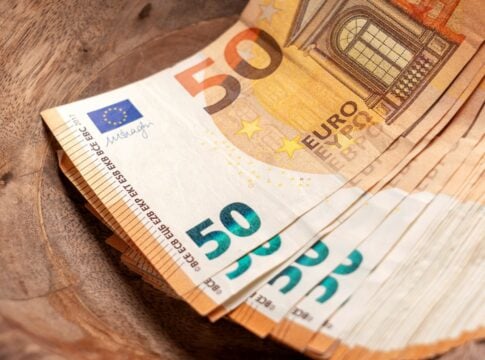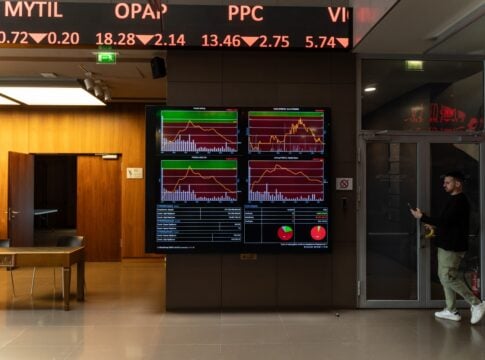From artificial intelligence and cross-border trade to social media, influencers and consumer-brand interaction, revolutionary changes in technology and the emphasis on sustainable development – which also affects consumer behavior – are leading to a new era of e-commerce.
So how can businesses operating in this ever-changing and competitive environment stand out? The Balkan eCommerce Summit, which will be held in the Bulgarian capital on April 29-30, will outline the six trends that are defining the future of e-commerce worldwide.
As noted, businesses that early adopt these six trends gain a strong competitive advantage.
Companies like Amazon, Klarna, TikTok Shop, Gymshark, and Decathlon are leading this transformation, adopting practices that are redefining the consumer experience.
Personalization through AI and predictive analytics
Artificial intelligence (AI) is now an integral tool for businesses operating in e-commerce. Through machine learning and data analysis, it is possible to predict purchasing behavior and offer personalized experiences. AI chatbots and virtual assistants offer real-time support, while dynamic pricing, such as that implemented by Amazon, adjusts based on demand and competition. At the same time, automated inventory management reduces shortages and enhances supply chain efficiency.
Live Commerce and Social Shopping
Social commerce and livestream shopping are transforming consumer-brand interactions. Platforms like TikTok, Instagram, and Taobao Live allow businesses to promote products through interactive, live content. Influencer engagement enhances the credibility of the message, while consumers can purchase directly from social media apps like TikTok Shop. Social validation and user recommendations play a crucial role in the purchase decision.
Expanding cross-border trade
Improving infrastructure and digital tools are driving the growth of international e-commerce. Local payment solutions, such as digital wallets and “buy now, pay later” services, are increasing conversion rates. In addition, the use of multiple warehouses and distribution in strategic locations is reducing shipping times. Businesses must also comply with regulatory frameworks such as GDPR and local trade policies.
Sustainability and green practices
The modern consumer is paying attention to sustainability. Businesses that respond to this new ethical imperative are gaining public trust. Eco-friendly packaging, carbon-neutral logistics – such as the electric vehicles used by Amazon – and transparency in the supply of raw materials are becoming key differentiators.
Shopping Experience with AR and VR (Augmented and Virtual Reality)
The use of augmented (AR) and virtual reality (VR) is upgrading the online shopping experience. From virtual makeup and clothing trials to 3D furniture projections in the user’s physical space, consumers are gaining greater confidence in their choices. The creation of immersive brand experiences through virtual showrooms and metaverse applications is shaping a new landscape in retail.
Voice commerce and conversational shopping
The entry of voice commerce – through smart assistants such as Alexa and Google Assistant – is simplifying the purchasing process. At the same time, conversational artificial intelligence (chatbots) offers personalized support, contributing to better customer service. A typical case of an omnichannel strategy is Decathlon, which connects the physical and digital worlds through Click & Collect.
Balkan eCommerce Summit 2025
The Balkan eCommerce Summit 2025 is being held in Sofia, on April 29-30.
In Greece, it is represented by Generation Y.
It hosts over 4,000 attendees, 200 exhibitors and speakers from brands such as Amazon, eMAG and Skroutz, offering an opportunity for interaction for industry professionals and those wishing to gain an in-depth understanding of the future of digital commerce.














